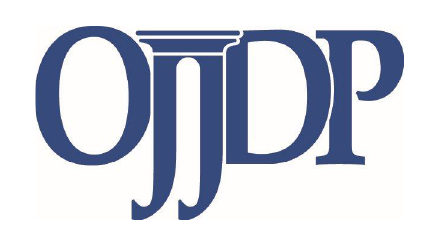Transforming Systems > Community Supervision > Juvenile Probation
Overview
Juvenile probation is the most common disposition imposed on young people involved in the juvenile justice system. While estimates of the number of juveniles under community supervision vary, data shows that in 2019 approximately 265,000 youth were placed on probation. Juvenile probation is a form of community supervision where probation officers supervise youth who are placed on court-ordered probation. The services provided to youth and their families are based on case plans designed to address individual risk factors and need. Juvenile probation is designed to work collaboratively with young people and their families to identify case plan goals and to motivate youth to achieve those goals by offering rewards and incentives for positive behavior, rather than punishment for bad behavior and non-compliance.
Resources
- OCT 2019
- The Urban Institute
- FEB 2022
- Annie E. Casey Foundation
- APR 2021
- The Urban Institute
- JUN 2021
- Annie E. Casey Foundation
- 2021
- Annie E. Casey Foundation
- JUL 2021
- National Council of Juvenile and Family Court Judges
Funding
Below is a list of funding opportunities that have been previously available from federal and private funding sources. Please note that although the funding deadlines may have passed, they can still be reviewed and considered for future planning purposes. You can check back often on the Announcements page for current funding opportunities as they are announced.
Reducing Risk for Girls in the Juvenile Justice System
Second Chance Act Youth Reentry Program
The Justice and Mental Health Collaboration Program
Technical Assistance
Many federal agencies and other partners offer assistance, in addition to grant funding, to jurisdictions, agencies and stakeholders to address training needs or the need for subject matter expertise to address local issues or challenges. Through these resources, you can access recent publications, tools, often request one-on-one remote or offsite assistance. Examples of assistance can include time with trainings, consulting time with subject matter experts, and/or opportunities for connecting with peers doing similar work.

Office of Juvenile Justice and Delinquency Prevention National Training and Technical Assistance Center
The OJJDP NTTAC offers juvenile justice and child victimization prevention practitioners, policymakers, and constituents resources, training and technical assistance (TTA), and best practices and standards in TTA assessment, planning, delivery, and evaluation.